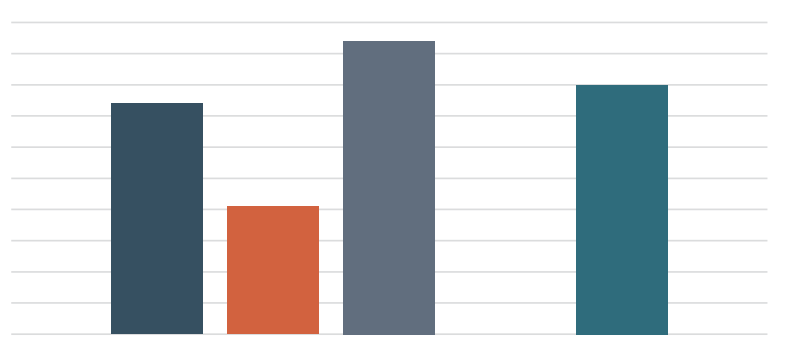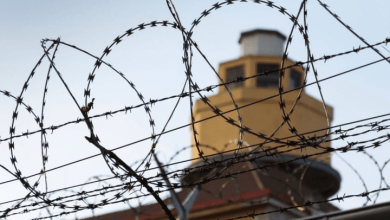CoE 2022 Report Reveals Insufficient State Response to Threats against Journalists

289 threats to journalists’ security in 37 countries were registered in 2022 by the partner organizations of the Council of Europe; this figure is comparable to that registered in 2021, when 282 alerts were documented. The responses from the European Union (EU) member states were insufficient, in only 16% of cases, and only 13 alerts were considered to be “settled” by the end of last year, according to the report by the partner organizations to the Council of Europe Platform to Promote the Protection of Journalism and Safety of Journalists.
The report launched in March by a coalition of 15 NGOs and media associations, emphasizes the fact that 2022 was a year defined by the war, including the war on journalism, and provides the number of media representatives who were killed, attacked, and threatened, while “in Russia, the invasion went hand in hand with a brutal crackdown on independent journalism.”
The data demonstrates that the elements favoring violence against the media are the same: the impact of criminal organizations, corruption, polarization of public perception, populism, and authoritarianism which remains valid in some areas of Europe. A key indicator of insecurity of journalists is a growing number of imprisoned journalists, which is 60% higher than in 2021. Besides, 127 journalists were imprisoned at the end of last year in Europe, according to the study.
The Platform’s partner organizations are dissatisfied with these figures, which, according to them, cast suspicion on the member states’ commitment to seriously comply with their obligations stipulated by the Statute of the Council of Europe and the European Convention on Human Rights.
Impunity for acts of aggression against journalists
According to the report, in 2022, no new impunity alerts for murder cases against journalists were registered. From the total of 85 cases until the end of the year, 35 cases of impunity, including 26 alerts on impunity for murder cases, were listed as active on the Platform.
New developments in three cases of impunity for murder were listed (those of Martin O’Hagan, Rafiq Tagi, and Daphne Caruana Galizia), but no alerts were upgraded from the stage of “progress” to “resolved.”
The authors provide an example of the case of assassination of Daphne Caruana Galizia, the most prominent figure of investigative journalism in Malta. On October 16, it was the fifth anniversary of her death. On the eve of this date, the Criminal Court of Malta sentenced brothers Alfred and George Degiorgio to 40 years of imprisonment for their connection to assassination of the journalist. The Platform’s partner organizations welcomed the conviction, but the legal proceedings against the suspected bomb suppliers, as well as the alleged assassins’ paymaster, still remain pending.
In another case, the family of Sunday World journalist Martin O’Hagan assassinated in 2001 took legal action against the Police Service of Northern Ireland (PSNI) and the Ministry of Defense. They demand to conduct an independent inquiry instead of a statutory amnesty which could endanger any remaining investigations of the crime, as there are suspicions that the PSNI neglected the important data provided to them within 48 hours from the moment of the crime.
The Council of Europe Platform to promote the protection of journalism and safety of journalists was founded in 2015 by the Council of Europe in cooperation with the international NGOs active in the sphere of freedom of expression and journalists’ associations. They tend to increase the protection of journalists who are faced with threats and to counter violence against media professionals in Europe, in the context of a continuing decline of freedom of the press across the entire continent.



